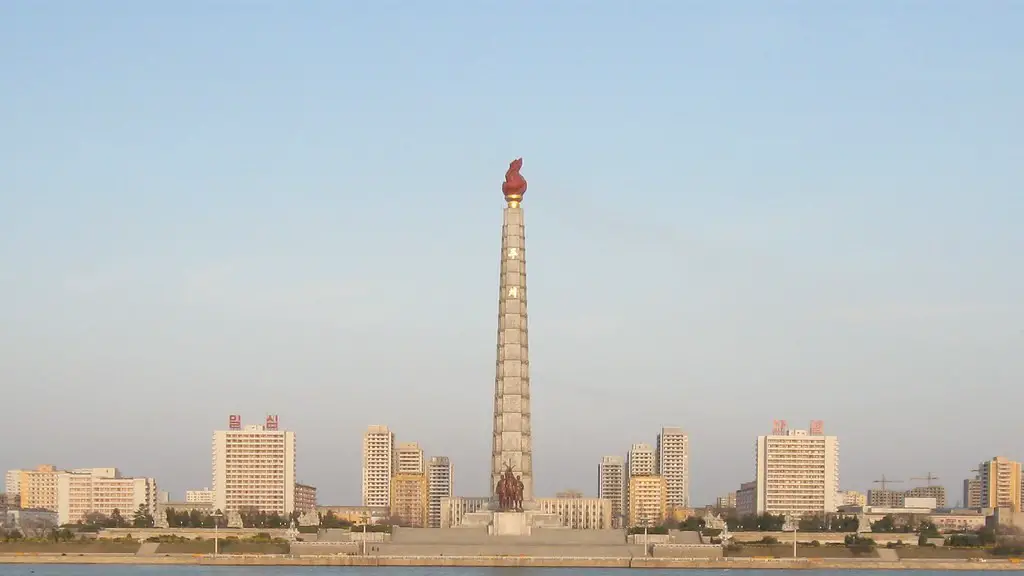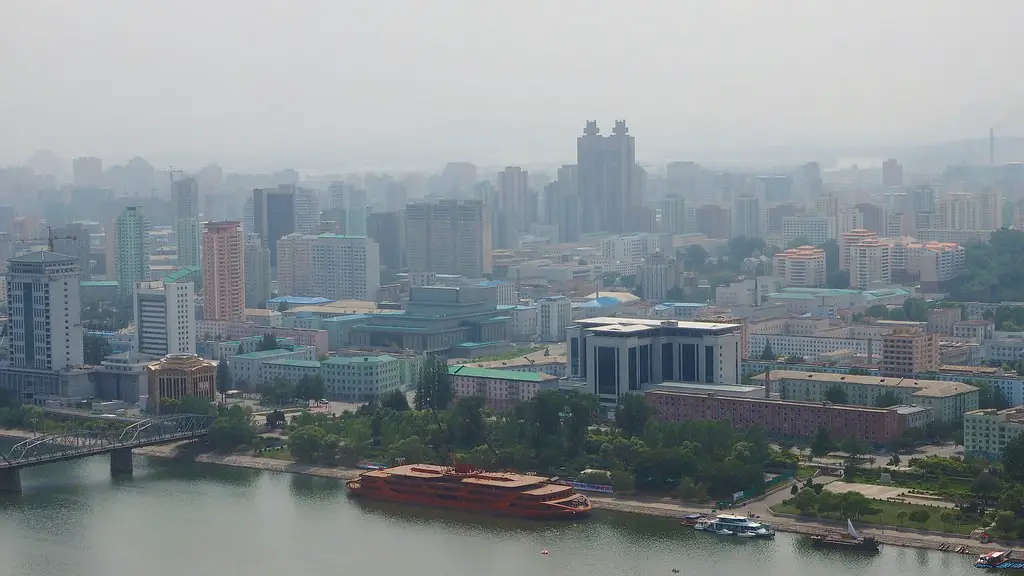Background Information
The Democratic People’s Republic of Korea or popularly known as North Korea is an isolated country in East Asia. With China and South Korea as its neighbors and the sea of Japan to the East, North Korea covers an area of about 120, 5×103 km2 and has a population of about 25 million. The country is ruled by a totalitarian regime led by Kim Jong Un, the great leader.
The country is significantly restricted in terms of freedom, with exaggerated control of the media, no internet access, no contact with the outside world, and various restrictions on public assemblies and social activities. This has earned it a reputation as one of the most mysterious and repressive nations in the world.
Political System
The supreme leader is the leader of the entire country, and since 2011 it has been led by Kim Jong Un. North Korea is a socialist-orientated state, where the head of the state is all-powerful, controlling every aspect of people’s lives. This is done through a network of state security apparatus that aim to keep the people obedient and submissive. All forms of criticism of the government are strictly forbidden, and anyone found to be speaking out against the government is arrested, tortured, and sometimes even executed.
The North Korean economy is based on the principles of Juche, an ideology developed by Kim Il-sung which promotes self-reliance. The country is heavily dependent on imports, however, with most of its food coming from China, and is heavily reliant on foreign aid to feed its people. With its economy in dire straits, the country has become increasingly reliant on its nuclear weapons program to maintain its power and prestige.
Human Rights
North Korea is widely considered to have one of the worst human rights records in the world, with severe suppression of freedom of speech, assembly, and expression, as well as inhumane treatment of political prisoners and other detainees. The government is accused of carrying out extrajudicial executions and torture, forcibly displacing people from their homes, and maintaining a system of gulags. According to the United Nations, the government has committed systematic, widespread, and gross human rights violations, including crimes against humanity.
Reporters Without Borders ranks North Korea as an ‘enemy of the Internet’ due to the country’s extreme internet censorship. North Korea is one of the few countries that have completely blocked access to the internet for its citizens. Furthermore, it has been reported that the government has been engaged in cyber-espionage and cyber-attacks on other countries, including the United States and South Korea.
Foreign Relations
North Korea has a history of strained relations with the international community and is particularly hostile towards the United States and South Korea. Relations with the US have become increasingly tense in recent years due to the country’s nuclear weapons program and its refusal to abandon it. In addition, it has been involved in various skirmishes with South Korea, often over the sea border, and in some cases leading to the sinking of South Korean vessels.
Relations with China have been relatively good in recent years, with China providing significant economic and political aid to North Korea. Russia, too, has had relatively good relations with North Korea, although there has been some tension over Russia’s support for UN sanctions against North Korea.
International Accusations
North Korea has long been subject to international condemnation for its human rights violations and its nuclear program. In 2014, the UN Human Rights Council unanimously passed a resolution condemning the country’s human rights record and calling for an international inquiry into the abuses. In 2016, the UN Security Council voted to impose additional sanctions on North Korea due to its nuclear tests.
The country is also subject to various other sanctions, including those related to its nuclear program and its involvement in cybercrime. In response, North Korea has consistently carried out acts of aggression against its adversaries, including missile tests and nuclear tests.
Military
The North Korean military is one of the largest in the world, with an estimated 1.2 million active personnel. It is a highly centralized and hierarchical system, with the supreme leader at the top. The military is primarily focused on the defense of the country, but is also a significant presence in domestic politics, with military personnel playing a major role in the state security apparatus.
North Korea is also believed to possess an extensive arsenal of nuclear weapons and ballistic missiles, which it claims is needed to defend itself against hostile forces. However, these weapons are seen by the international community as an aggressive and destabilizing force, and the US and other countries have called on North Korea to abandon its nuclear program.
Economy
The North Korean economy has been in a state of decline in recent years, with the country suffering from acute food shortages, a lack of access to modern technology, and a lack of investment from foreign countries. GDP growth has been virtually nonexistent in recent years, and the country is heavily reliant on external assistance for its basic needs.
The North Korean economy is tightly controlled by the government, with prices set by the state. The currency is not freely traded, and most international trade is done through barter. In addition, North Korea is subject to strict UN sanctions, which have had a significant impact on its economy.
Conclusion
With its secretive government, its nuclear weapons program, and its human rights abuses, North Korea remains one of the most mysterious countries in the world. Its relations with the international community remain tense, and the country is subject to strict economic sanctions. Though the country remains enigmatic and isolated, it is clearly a region of significant political concern and its actions and policies must be monitored closely.



